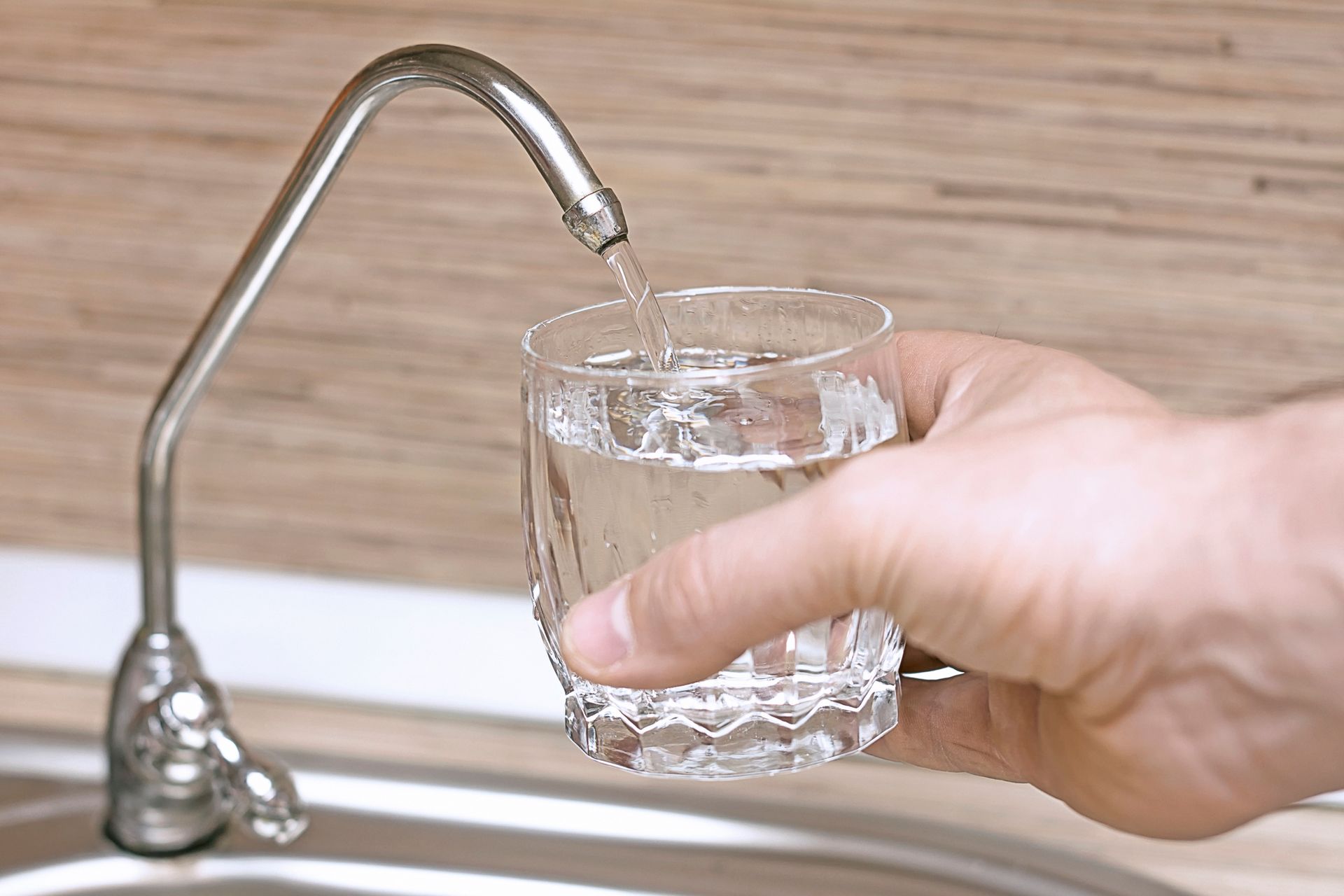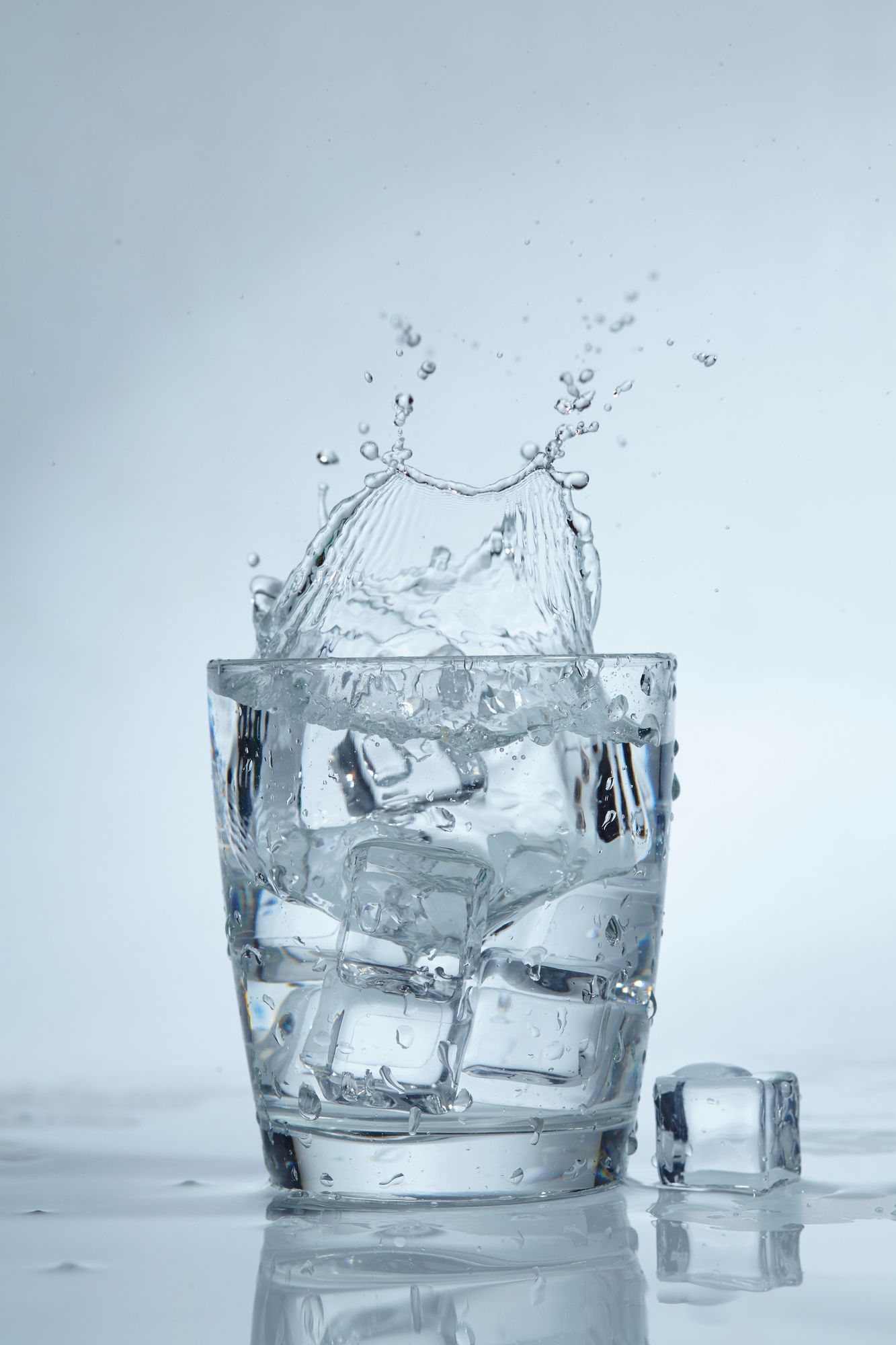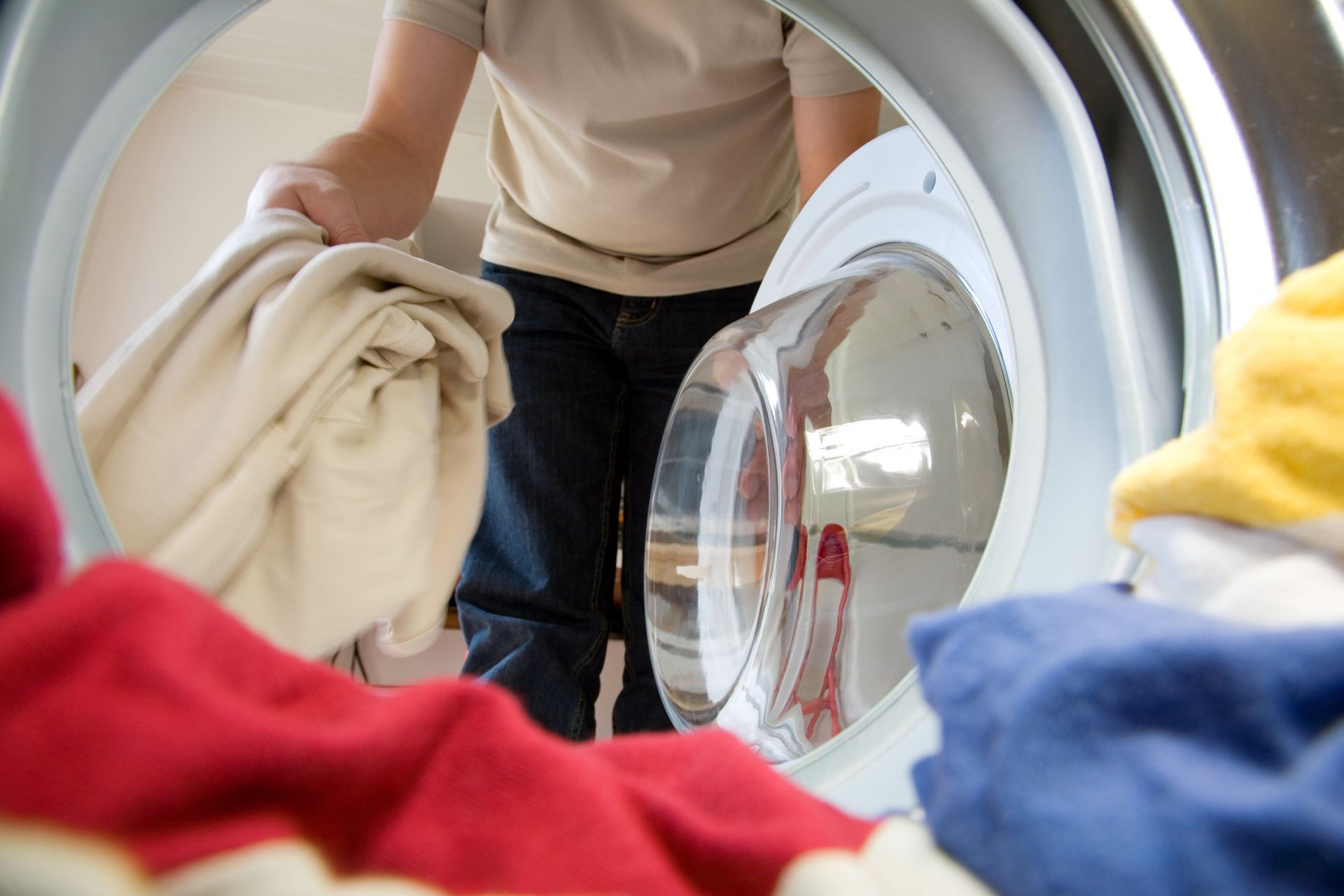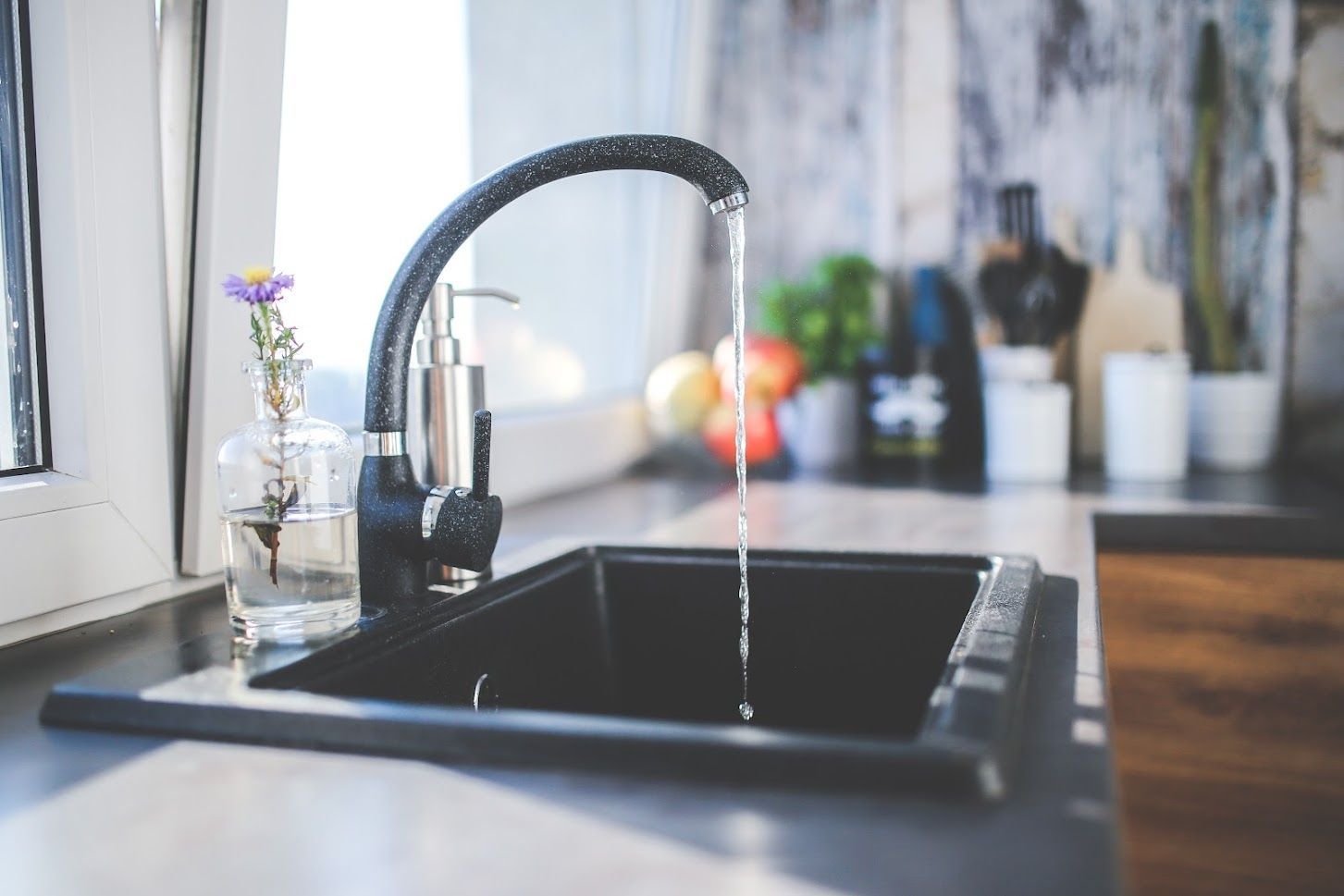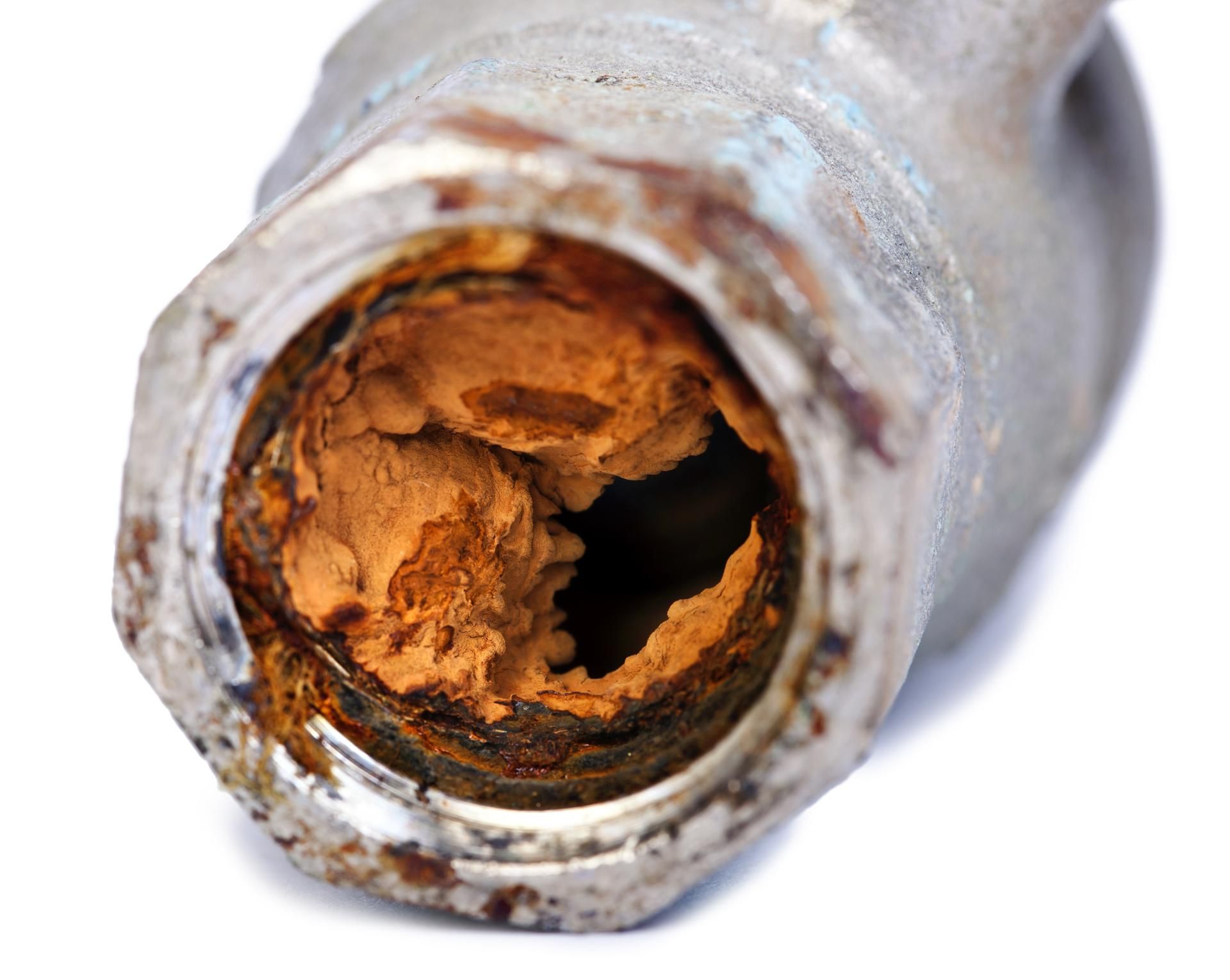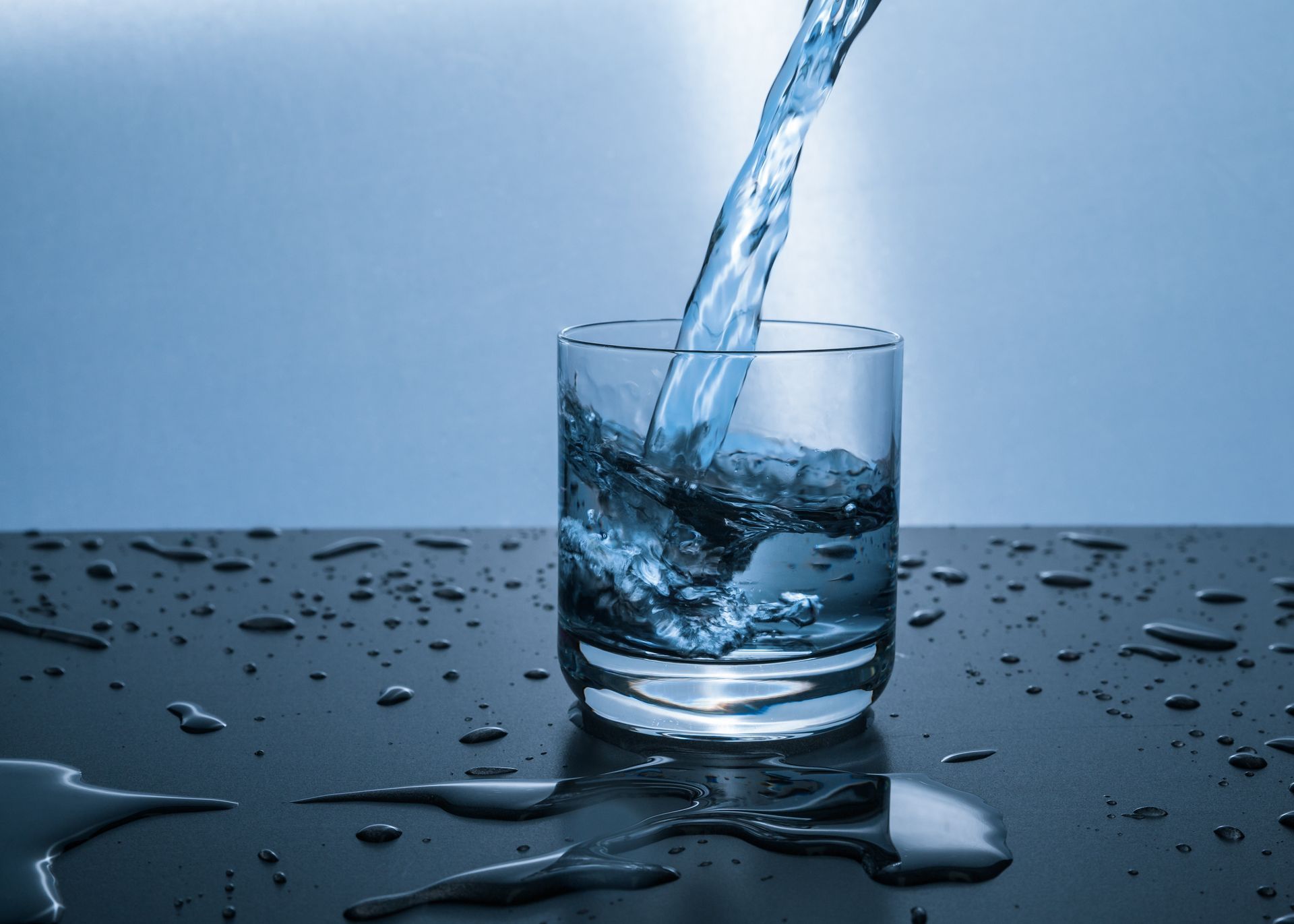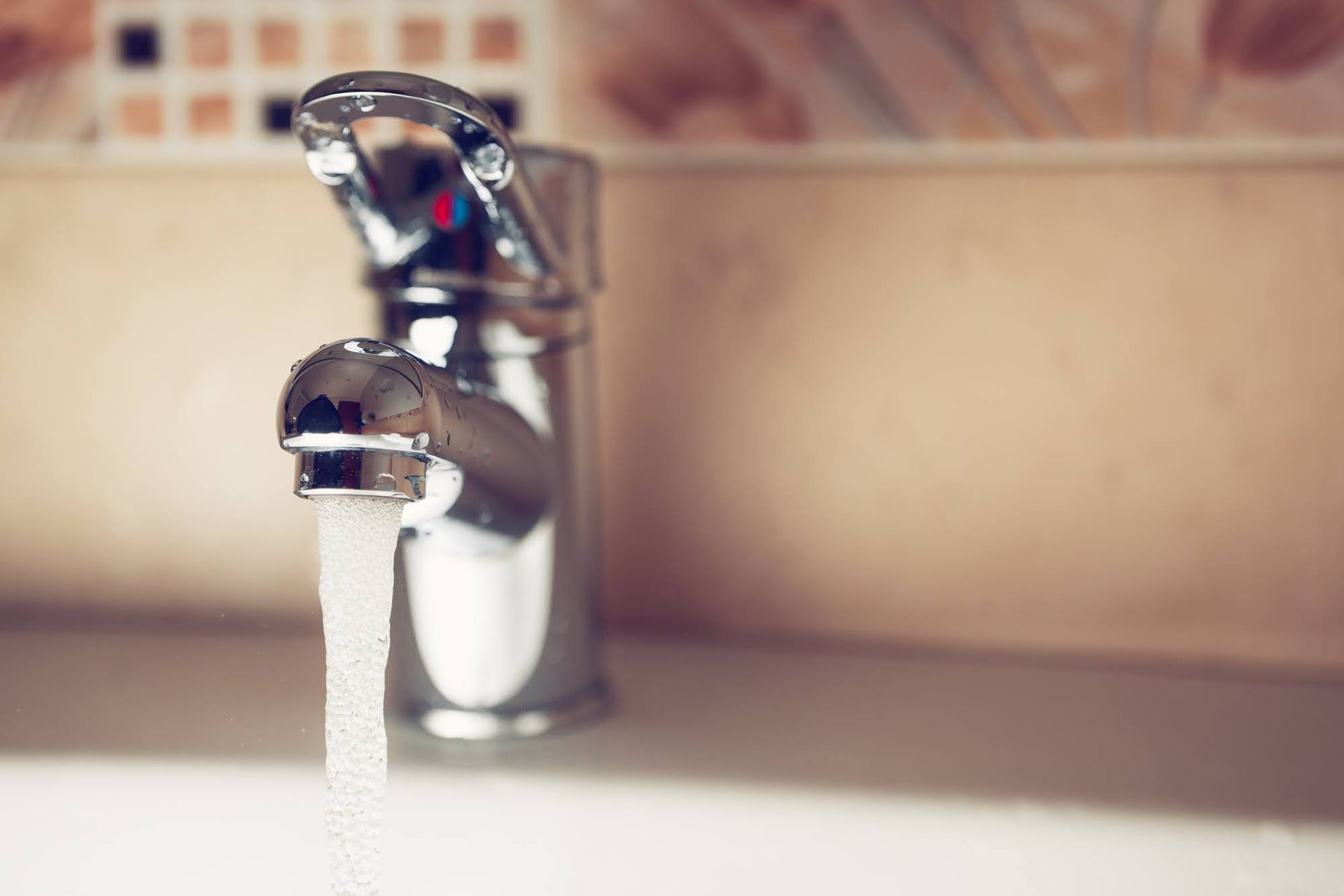Common Contaminants in Drinking Water
Proper water filtration helps remove toxins from the water and provides safe water for cooking, showering, and drinking. Without proper filtration, various components will accumulate in the water and cause water-borne diseases. Here are some of the most common contaminants in water.
Lead
The erosion of natural deposits and corrosion of old lead plumbing fixtures are common sources of lead in drinking water. The concentration of lead in your drinking water depends on various factors, such as the acidity level and corrosion of your pipes.
However, even small traces of lead in drinking water can lead to adverse health effects. Lead is known to cause developmental delays in children and high blood pressure and kidney disease in adults.
Nitrates
Nitrates are a common water contaminant in rural areas. The material is found in minerals, fertilizers, and wastewater from plumbing systems and septic tanks. Nitrates can also form when nitrogen in fertilizers mixes with groundwater.
Drinking or coming into contact with water with high levels of nitrate is harmful, particularly to infants. The chemicals can cause baby blue illness in children and reduce the transportation of oxygen in the bloodstream. Exposure to high amounts of nitrates is life-threatening for children and infants.
Fluoride
Fluoride is a helpful natural mineral that can help prevent tooth decay. The mineral exists naturally in soil, and many municipalities add fluoride to water systems.
However, while moderate or small amounts of fluoride are fine, excessive levels of fluoride in drinking water can lead to fluorosis. This is a condition where the tooth enamel sustains damage and causes staining and white spots on the teeth. Eventually, continued exposure to high amounts of fluoride can damage the skeletal system.
Arsenic
Soils and rocks contain arsenic, which has applications in industrial and agricultural projects. Copper smelting, coal burning, and mining can also produce arsenic. Other sources of arsenic include herbicides and pesticides. Therefore, if your home is near facilities that engage in these types of activities or use these types of products, there is a high likelihood that your water will have high levels of arsenic.
Usually, arsenic in groundwater will slowly percolate into the surrounding soil via a process called precipitation. However, arsenic may find its way into your drinking water and cause various health conditions. For example, you might experience diarrhea, vomiting, nausea, fatigue, and headaches.
Chlorine
The EPA often approves the use of small amounts of chlorine in bathing, drinking, and cooking water. This usually involves chlorine mixing with ammonia in tap water. Chlorine is also a common disinfectant that can remove viruses, bacteria, and other microorganisms from water.
Unfortunately, water with chlorine may have a disgusting taste and smell, making it unsuitable for drinking. Also, if chlorine comes into contact with your eyes and skin, you will experience irritation. In addition, consuming water with high chlorine levels causes an upset stomach. As a result, each municipality usually tests the water supply to ensure the chlorine levels are not too high.
Copper
Copper exists naturally in the soils around us. Usually, the material emanates from rock weathering, mining wastewater, domestic wastewater, and industrial pollution. The material is crucial to the growth of plants and animals. For example, copper is in fertilizers, food supplements, and agricultural fungicides.
Although copper is essential to your diet, you must consume it moderately. Excessive consumption of copper can lead to various health problems. Excessive copper will build up in the kidney and liver, disrupting the functions of those organs. You might also experience anemia due to high amounts of copper.
Various contaminants can enter the water supply in your home at any time. That is why you require proper filtration to provide safe water for your family. McAleer Water Conditioning provides water filtration services that remove all contaminants from water. Contact us to get started.
Browse Our Website
Contact Information
Phone:
Email:
Address:
204 Chamber Drive Anamosa, IA 52205
Toll Free: 800-397-1995
Anamosa: 319-462-4497
Monticello: 319-465-3439
Clinton: 563-243-3830
Dubuque: 563-582-8507
Manchester: 563-927-2052
Marion: 319-373-6965

